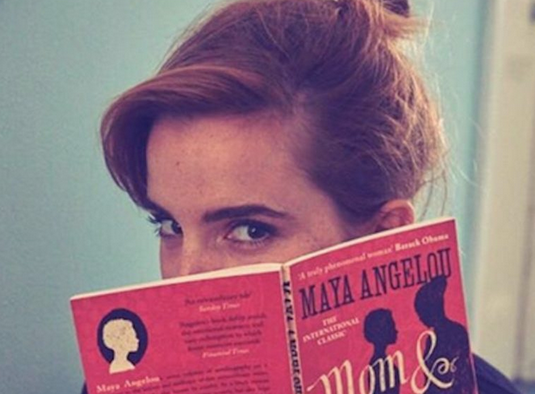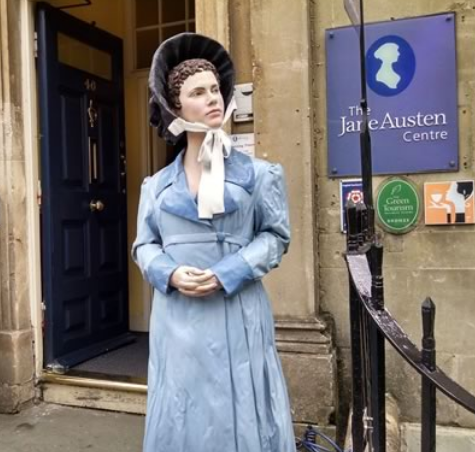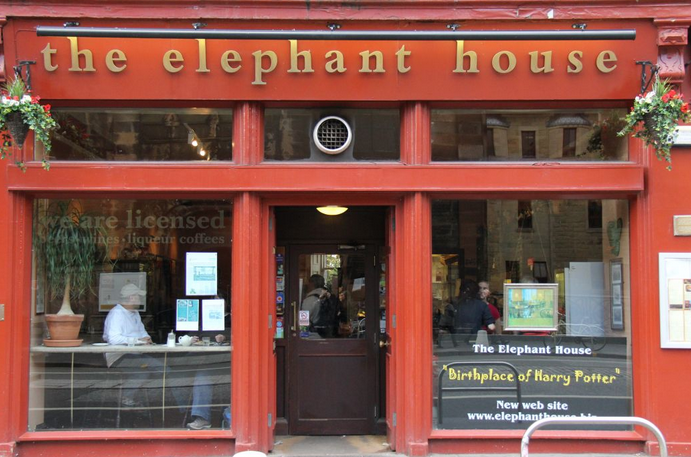If you’re craving an engaging read about the life of the rich and their glamorous lifestyles, these books like Crazy Rich Asians will take care of your TBR according to Rabeea Saleem from Bookriot… Support our news coverage by subscribing to our Kindle Nation Daily Digest. Joining is free right now!

![The Wangs vs. the World by [Chang, Jade]](https://images-na.ssl-images-amazon.com/images/I/51dVbDbKatL.jpg) The Wangs vs. the World
The Wangs vs. the World
by Jade Chang
Kindle price: $2.99
For fans of Crazy Rich Asians: Meet the Wangs, the unforgettable immigrant family whose spectacular fall from glorious riches to (still name-brand) rags brings them together in a way money never could.
Charles Wang, a brash, lovable businessman who built a cosmetics empire and made a fortune, has just lost everything in the financial crisis. So he rounds up two of his children from schools that he can no longer afford and packs them into the only car that wasn’t repossessed. Together with their wealth-addicted stepmother, Barbra, they head on a cross-country journey from their foreclosed Bel-Air home to the Upstate New York retreat of the eldest Wang daughter, Saina.
![The Nest by [Sweeney, Cynthia D'Aprix]](https://images-na.ssl-images-amazon.com/images/I/51qfhcGc6oL.jpg) The Nest
The Nest
by Cynthia D’Aprix Sweeney
Kindle price: $11.99
A warm, funny and acutely perceptive debut novel about four adult siblings and the fate of the shared inheritance that has shaped their choices and their lives.
Every family has its problems. But even among the most troubled, the Plumb family stands out as spectacularly dysfunctional. Years of simmering tensions finally reach a breaking point on an unseasonably cold afternoon in New York City as Melody, Beatrice, and Jack Plumb gather to confront their charismatic and reckless older brother, Leo, freshly released from rehab. Months earlier, an inebriated Leo got behind the wheel of a car with a nineteen-year-old waitress as his passenger. The ensuing accident has endangered the Plumbs’ joint trust fund, “The Nest,” which they are months away from finally receiving. Meant by their deceased father to be a modest mid-life supplement, the Plumb siblings have watched The Nest’s value soar along with the stock market and have been counting on the money to solve a number of self-inflicted problems.
![Five Star Billionaire: A Novel by [Aw, Tash]](https://images-na.ssl-images-amazon.com/images/I/511mRy8-jWL.jpg) Five Star Billionaire: A Novel
Five Star Billionaire: A Novel
by Tash Aw
Kindle price: $10.99
An expansive, eye-opening novel that captures the vibrancy of China today
Phoebe is a factory girl who has come to Shanghai with the promise of a job—but when she arrives she discovers that the job doesn’t exist. Gary is a country boy turned pop star who is spinning out of control. Justin is in Shanghai to expand his family’s real estate empire, only to find that he might not be up to the task. He has long harbored a crush on Yinghui, a poetry-loving, left-wing activist who has reinvented herself as a successful Shanghai businesswoman. Yinghui is about to make a deal with the shadowy Walter Chao, the five star billionaire of the novel, who with his secrets and his schemes has a hand in the lives of each of the characters. All bring their dreams and hopes to Shanghai, the shining symbol of the New China, which, like the novel’s characters, is constantly in flux and which plays its own fateful role in the lives of its inhabitants.
![The Windfall: A Novel by [Basu, Diksha]](https://images-na.ssl-images-amazon.com/images/I/51idsCIewwL.jpg) The Windfall: A Novel
The Windfall: A Novel
by Diksha Basu
Kindle price: $11.99
“Charming . . . What Kevin Kwan did for rich-people problems, Diksha Basu does for trying-to-be-rich-people problems.”—People
The Jhas are moving up. For the past thirty years, their lives have been defined by cramped spaces and gossipy neighbors. But when Mr. Jha comes into an enormous sum of money—the result of an unexpectedly successful internet venture—he moves his reluctant wife from their housing complex in East Delhi to the super-rich side of town, ultimately forcing them, and their son, to reckon with who they are and what really matters to them. Hilarious and wise, The Windfall illuminates with warmth and heart the precariousness of social status, the fragility of pride, and, above all, the human drive to build and share a home. Even the rich, it turns out, need to belong somewhere.
![Primates of Park Avenue: A Memoir by [Martin, Wednesday]](https://images-na.ssl-images-amazon.com/images/I/51bAQGPRQ1L.jpg) Primates of Park Avenue: A Memoir
Primates of Park Avenue: A Memoir
by Wednesday Martin
Kindle price: $11.99
Like an urban Dian Fossey, Wednesday Martin decodes the primate social behaviors of Upper East Side mothers in a brilliantly original and witty memoir about her adventures assimilating into that most secretive and elite tribe.
After marrying a man from the Upper East Side and moving to the neighborhood, Wednesday Martin struggled to fit in. Drawing on her background in anthropology and primatology, she tried looking at her new world through that lens, and suddenly things fell into place. She understood the other mothers’ snobbiness at school drop-off when she compared them to olive baboons. Her obsessional quest for a Hermes Birkin handbag made sense when she realized other females wielded them to establish dominance in their troop. And so she analyzed tribal migration patterns; display rituals; physical adornment, mutilation, and mating practices; extra-pair copulation; and more. Her conclusions are smart, thought-provoking, and hilariously unexpected.
See full post on BookRiot
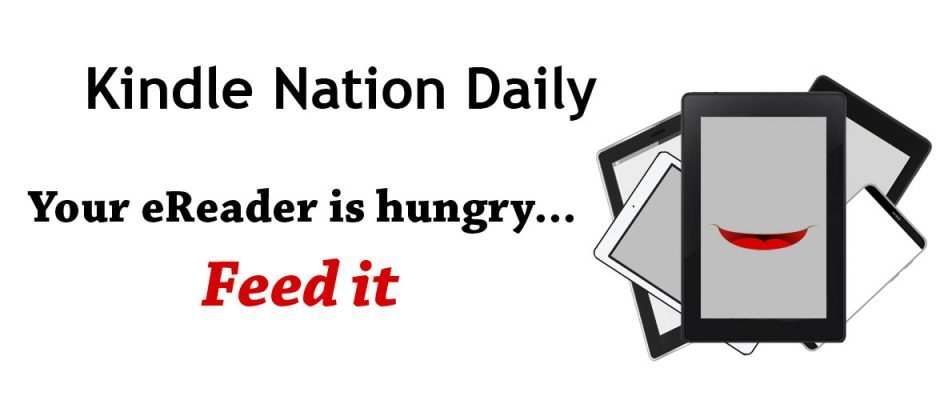
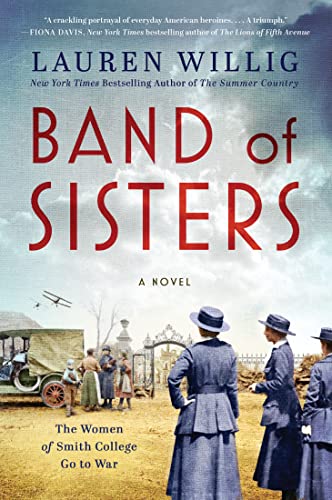



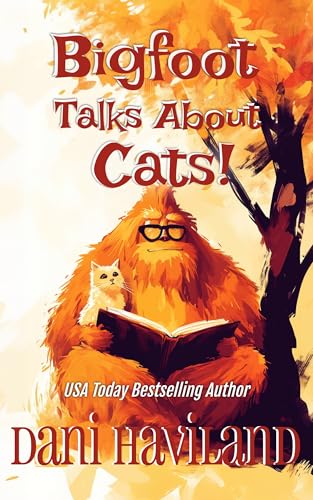
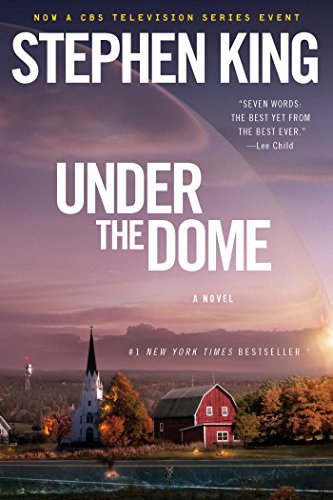
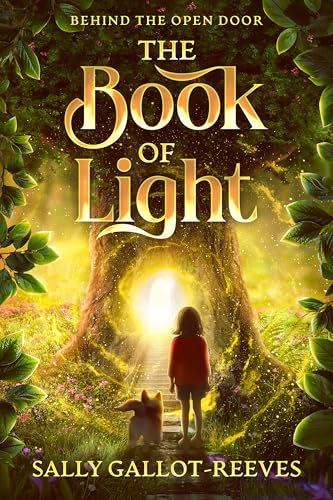


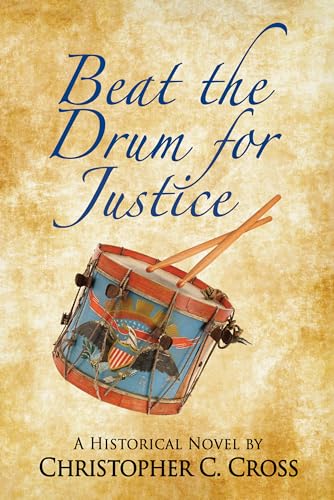
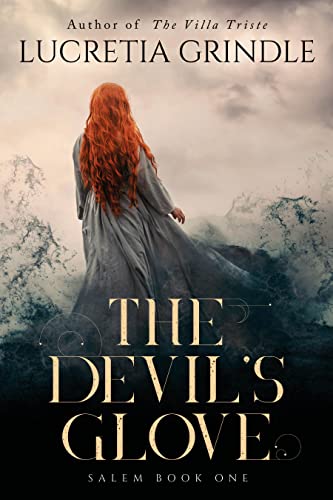
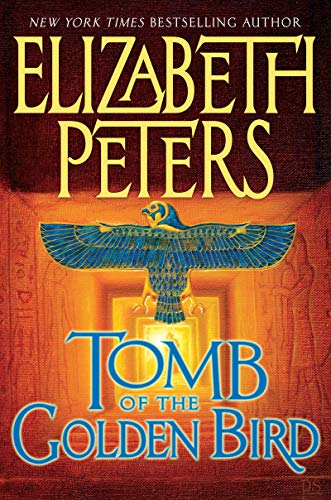



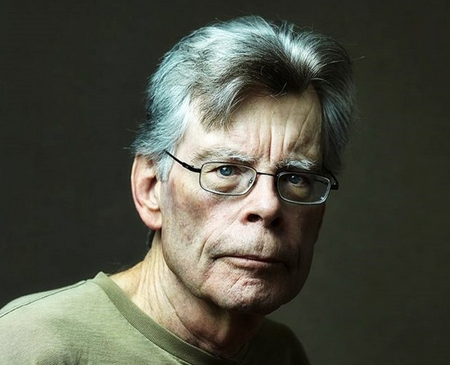
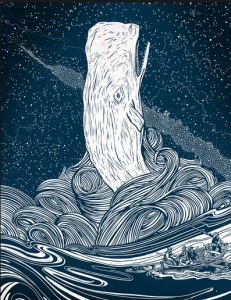

![The Wangs vs. the World by [Chang, Jade]](https://images-na.ssl-images-amazon.com/images/I/51dVbDbKatL.jpg)
![The Nest by [Sweeney, Cynthia D'Aprix]](https://images-na.ssl-images-amazon.com/images/I/51qfhcGc6oL.jpg)
![Five Star Billionaire: A Novel by [Aw, Tash]](https://images-na.ssl-images-amazon.com/images/I/511mRy8-jWL.jpg)
![The Windfall: A Novel by [Basu, Diksha]](https://images-na.ssl-images-amazon.com/images/I/51idsCIewwL.jpg)
![Primates of Park Avenue: A Memoir by [Martin, Wednesday]](https://images-na.ssl-images-amazon.com/images/I/51bAQGPRQ1L.jpg)
